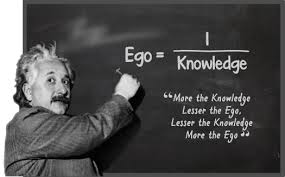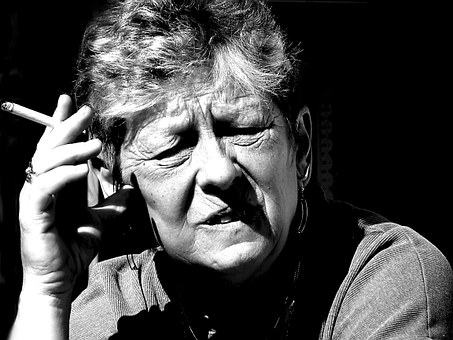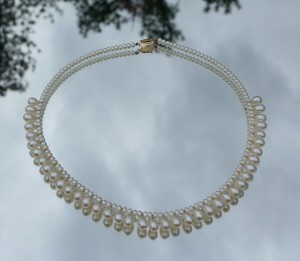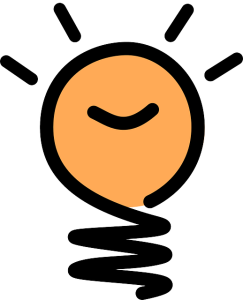
What do we have to take the stupid medicine FOR?
There was pandemonium at the pre-school. It was medicine day. The babies were running around with fear written all over their tear-stained faces.

I’m never going to take the medicine
One girl was more composed. “I’m never going to take the medicine,” she explained. “No one expects me to. My mother never did it either, or anyone else in my family. So there.” And she went on coloring happily.
A boy in footed pajamas and a red, angry face kicked the wall. “What do we have to take the stupid medicine for, anyway? How will it help us in our lives? What good is it?” A giant kick. The anger he was building would keep him from the medicine for a long time, perhaps until he was an old man and died.
A round-faced, earnest girl was lost in thought, going over the steps in her mind one last time. The tongue and the spoon, the tongue and the spoon. She had practiced hard and faithfully, and felt cautiously optimistic. But with her the result was always the same. When it was her turn to take the medicine she blanked out, was thrown off. There was a trick question. Was it the spoon first? Or the tongue? And back she’d go to her studies, redoubling useless efforts.

Photo credit: Glenn Carstens Peters
Some of the children made a ritual out of the preparation. They set intentions, made resolutions, crossed items off lists and generally did all they could to fill their minds with business. This kept them eternally at square one, but with a sense of purpose.
The teachers tried to help. “Look, we know this is hard for you. But remember, a journey of a thousand miles begins with the first step. Practice makes perfect. It doesn’t matter how slowly you go, as long as you do not stop. We’ll break this down into a hundred tiny steps and practice each one until you can do it in your sleep.”
Everything sounded good when they said it, but who had time to practice that much? Besides, what if you did and it still didn’t work? You’d have wasted all that time and then, where would you be, with even less hope?
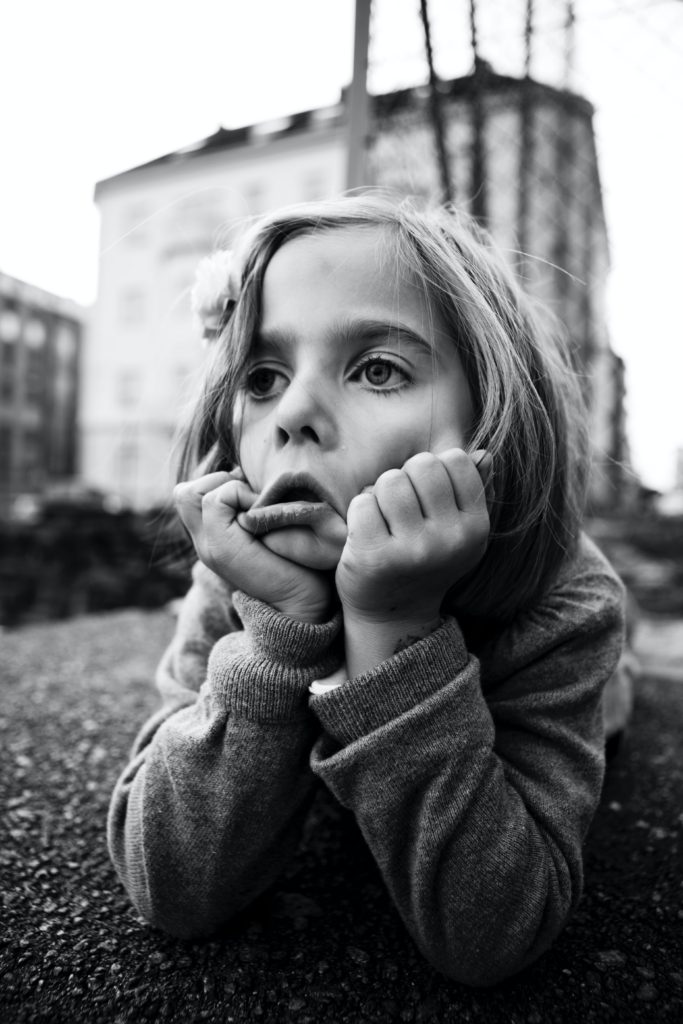
Photo credit: Henrikke Due
Yes, there had been success stories, but so few and far between they took on the quality of myth. Occasionally, a new, unknowing child would step up to the line with no sense of apprehension, put out his tongue, and take the medicine. Those children were like the Japanese prisoners of war who didn’t know the war was over until years over, or like Rip Van Winkle waking up after a sleep of twenty years. But who could knowingly cultivate such oblivion? It belonged to some original condition that you could never access with eyes clouded by fear. You could forget about asking them how they did it either; after they took the medicine they slipped silently away, dolphins sliding into a different sea.

So round and round the babies went, fretting, fussing and fearing, throwing themselves to the light like so many moths at a flame. Ninety-nine out of a hundred fell each time, to drag themselves back up exhausted, to try again. Their efforts seemed useless, but to stop was to give up.
* * * * * *
You are on a stage in a great auditorium with a sea of smiling, well-wishing but anxious faces in front of you. Here you are to receive a great prize, recognition of your efforts in propagating peace and joy in the world. You walk onto the stage to a thunderous ovation, which slowly turns to intense quiet as the crowd strains to hear what you are about to tell them. How can you help them? They are desperate to know. How can you lift them up? You step forward to the microphone to speak.
You open your mouth. You put out your tongue. You take the medicine.

